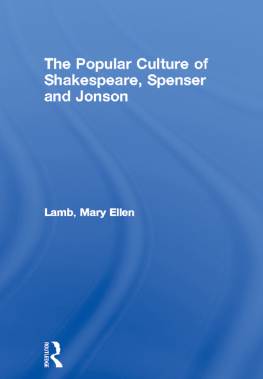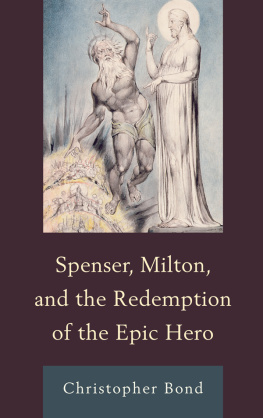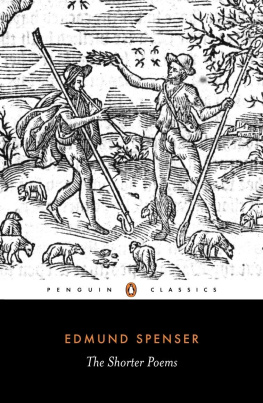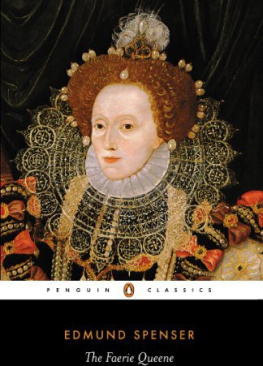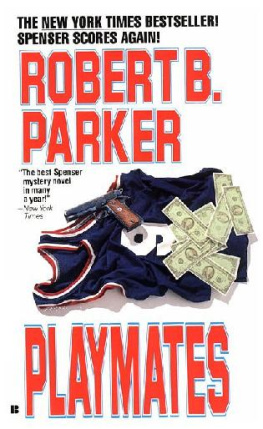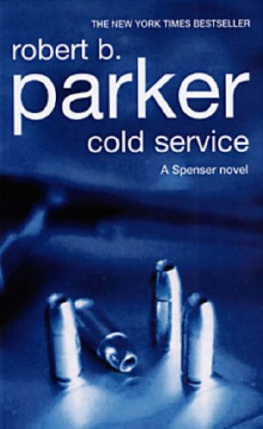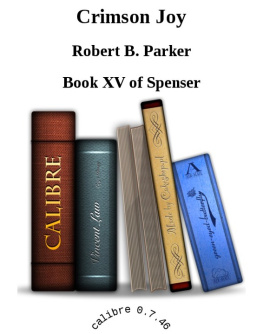The Popular Culture of Shakespeare, Spenser, and Jonson
As a powerful vehicle for the creation and circulation of meanings, literature played a crucial role in the early modern production of popular culture. This book uses literature by Shakespeare, Spenser, and Jonson to investigate the social narratives of several social groups an urban, middling group; an elite at the court of James; and an aristocratic faction from the countryside. Under the pressure of increasing economic stratification, these social factions created cultural identities to distinguish themselves often in relationship with lower status groups with which they yet retained complex entanglements. As they re-imagined an older, traditional culture according to their own agenda, literature provided a site for the circulation of their self-narratives which, in turn, shaped writings by well-known authors.
Focusing on Shakespeare's A Midsummer Night's Dream and The Merry Wives of Windsor, Spenser's The Faerie Queene, and Jonson's Oberon, The Fairy Prince and The Sad Shepherd, Mary Ellen Lamb explores the ways in which early modern literature formed a particularly productive site of contest for deep social changes, and how these changes in turn played a large role in shaping some of the most well-known works of the period.
This book breaks new ground by considering productions of popular culture from above, rather than from below. Drawing from theorists of cultural studies, such as Pierre Bourdieu, Roger Chartier, and John Fiske, this project synthesizes work from disparate fields to provide new readings of well-known literary works. It will be of particular interest to literary scholars, to cultural and social historians, and to general readers interested in fairies, old wives' tales and hobby-horses.
Mary Ellen Lamb is Professor in the Department of English, Southern Illinois University, in Carbondale, Illinois, USA. She is the author of Gender and Authorship in the Sidney Circle, and has published widely in journals such as Shakespeare Quarterly, Shakespeare Survey, English Literary Renaissance, Review of English Studies, Spenser Studies, and Criticism. She is currently editor of the Sidney Journal.
Routledge studies in renaissance literature and culture
Stillness in Motion in the Seventeenth-Century Theatre
P.A. Skantze
The Popular Culture of Shakespeare, Spenser, and Jonson
Mary Ellen Lamb
Forgetting in Early Modern English Literature and Culture
Lethe's legacies
Edited by Christopher Ivic and Grant Williams
Luce Irigaray and Premodern Culture
Thresholds of history
Edited by Theresa Krier and Elizabeth D. Harvey
Writing, Geometry and Space in Seventeenth-Century England and America
Circles in the sand
Jess Edwards
Dramatists and their Manuscripts in the Age of Shakespeare, Jonson, Middleton and Heywood
Authorship, authority and the playhouse
Grace Ioppolo
The Popular Culture of Shakespeare, Spenser, and Jonson
Mary Ellen Lamb

First published 2006
by Routledge
2 Park Square, Milton Park, Abingdon, Oxon OX14 4RN
Simultaneously published in the USA and Canada
by Routledge
270 Madison Ave, New York, NY 10016
Routledge is an imprint of the Taylor & Francis Group, an informa business
2006 Mary Ellen Lamb
Typeset in Times by Wearset Ltd, Boldon, Tyne and Wear
Printed and bound in Great Britain by TJI Digital, Padstow, Cornwall
All rights reserved. No part of this book may be reprinted or reproduced or utilized in any form or by any electronic, mechanical, or other means, now known or hereafter invented, including photocopying and recording, or in any information storage or retrieval system, without permission in writing from the publishers.
British Library Cataloguing in Publication Data
A catalogue record for this book is available from the British Library
Library of Congress Cataloging in Publication Data
Acatalog record for this book has been requested
ISBN: 0-415-28881-9 (hbk)
ISBN: 0-203-50685-5 (ebk)
ISBN: 978-0-415-28881-1 (hbk)
ISBN: 978-0-203-50685-1 (ebk)
For John,
my only son
Contents
PART I
Fairies, old wives' tales, and hobby-horses: rising to (in)visibility
PART II
William Shakespeare
PART III
Edmund Spenser
PART IV
Ben Jonson
Acknowledgments
A decade ago, I never would have thought that my few scattered thoughts gathered together in short conference papers could have developed into the abiding passion that this book has become. As I look back to those first papers, I feel gratitude to those many colleagues who offered encouragement, asked hard questions, and volunteered bibliography. I would particularly like to thank colleagues from the Shakespeare Association of America, from the Renaissance Society of America, from the International Medieval and Renaissance Conference held annually at Kalamazoo, and from the Spenser conferences held in New Haven in 1996 and 2001. Without these gatherings, I would never have understood the wider implications of my initial readings. I owe a debt to all of those unnamed colleagues who asked what I was working on and then listened with real interest as I described a project that only gradually took shape. I am inspired by their example to try to listen as carefully to others who are struggling with insights that are not yet fully formed. I thank my students for their willingness, on an almost daily basis, to entertain unfamiliar ideas and to offer their own as we worked through difficult passages in early modern writings. I feel very fortunate to be part of this profession.
I owe even more gratitude to colleagues who generously took time from their own busy lives and work to read drafts of individual chapters. Their thoughtful comments helped me to think through core issues on a deeper level. I would like to acknowledge Bruce Smith, Dympna Callaghan, Heather Dubrow, Linda Woodbridge, Garrett Sullivan, Arthur Kinney, Clare Kinney, Lauren Silberman, William Oram, Gail Kern Paster, Naomi Liebler, Phyllis Gorfain, Ryan Netzley, Peter Millington, Pam Brown, Peter Berek, and Zoltan Markus. I thank Robert Weimann, Diane Purkiss, Donald Stump, and Marlo Belschner for encouraging conversations. I especially thank Barbara Hodgdon. I thank Liz Thompson and Terry Clague of Routledge for their continuing faith in this project. Any remaining infelicities of thought or expression are mine alone.
Finally, I wish to thank my immediate family, my husband Bill, my son John, and my mother Irene, for their patience in the inevitable ups and downs that are part of my writing process. Without their support, this project would not exist.
The authors and publishers would like to thank the following for granting permission to reproduce material in this work: AMS Press, Inc. for permission to reprint material from the essay, The Red Crosse Knight, St. George, and the Appropriation of Popular Culture, by Mary Ellen Lamb, originally published in Spenser Studies 18 (2004: 185208).
University Press of Kentucky for permission to reprint the essay, Gloriana, Acrasia, and the House of Busirane: Gendered Fictions in The Faerie Queen as Fairy Tale, by Mary Ellen Lamb, in Patrick Cheney and Lauren Silberman (eds), Worldmaking Spenser, University Press of Kentucky, 2000, pp. 81100.

